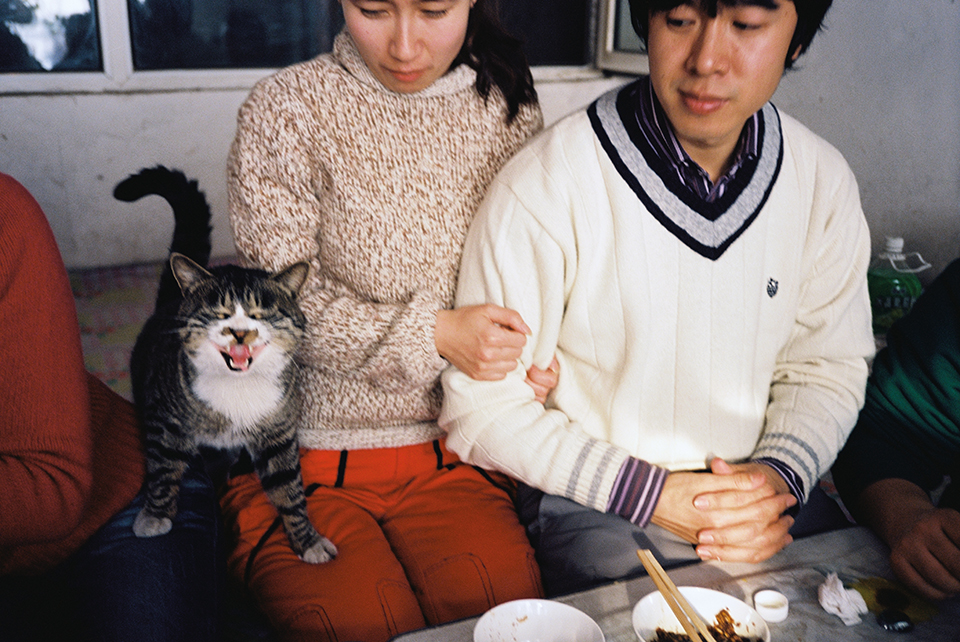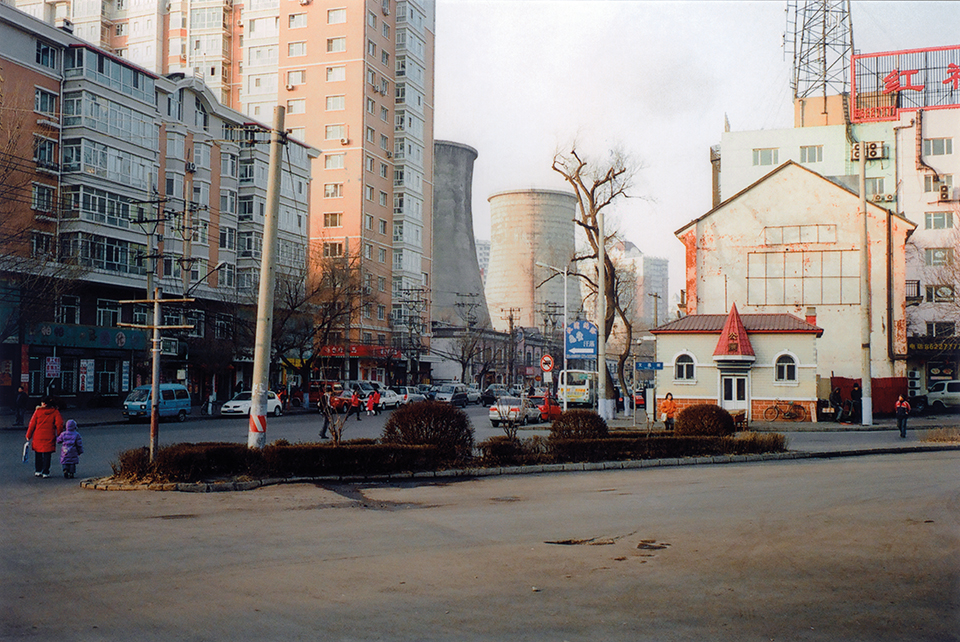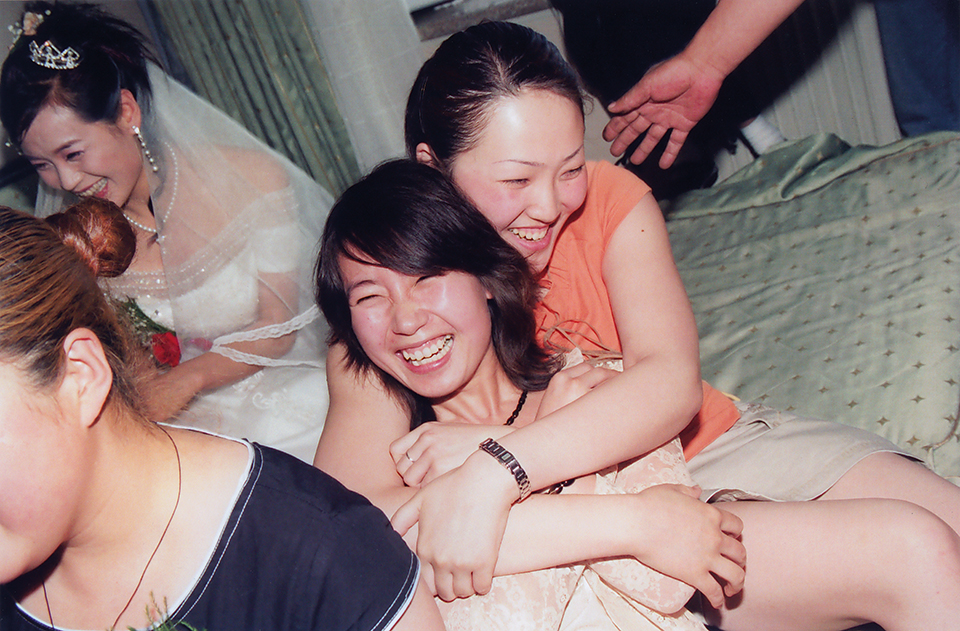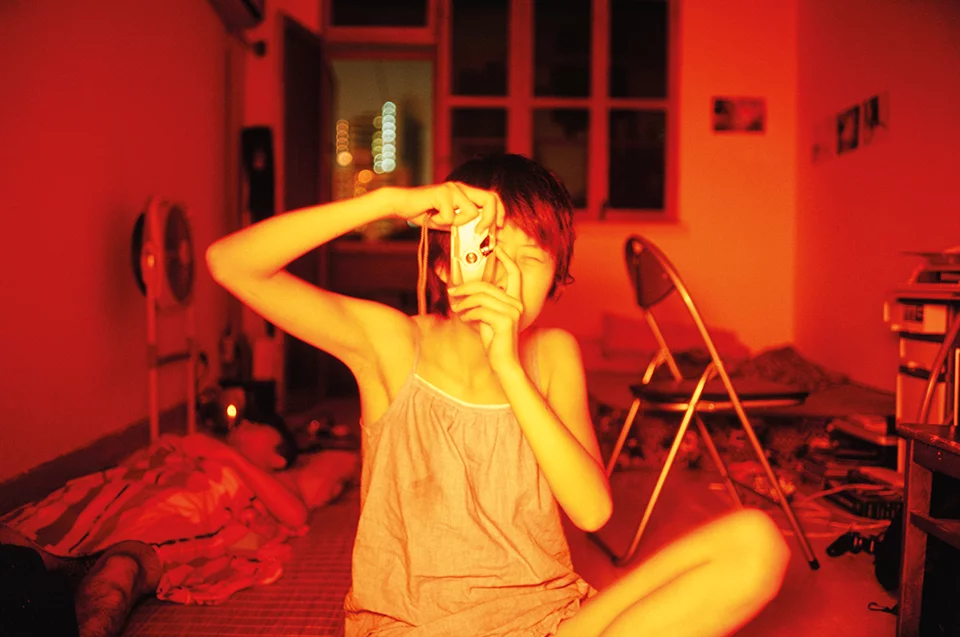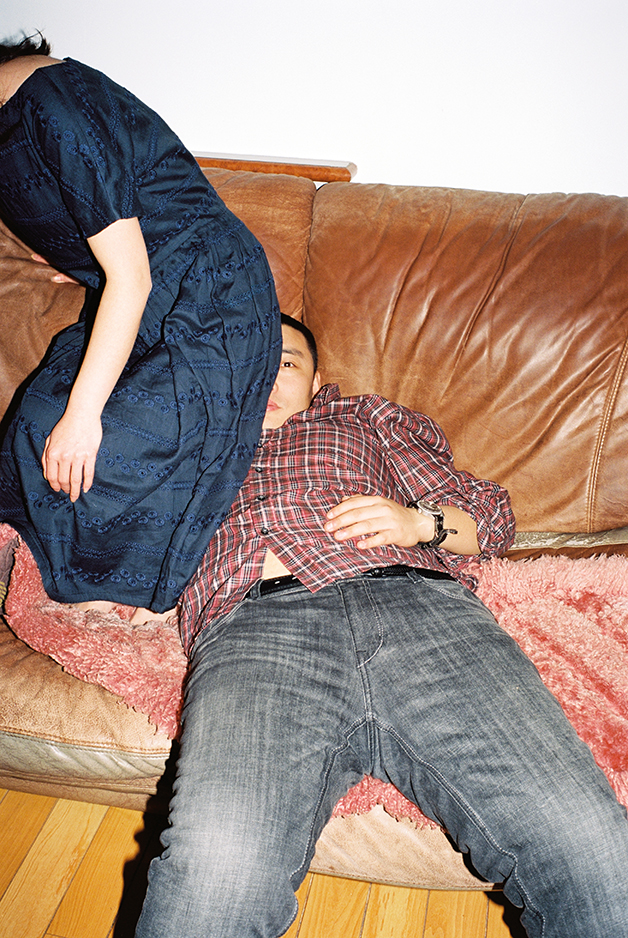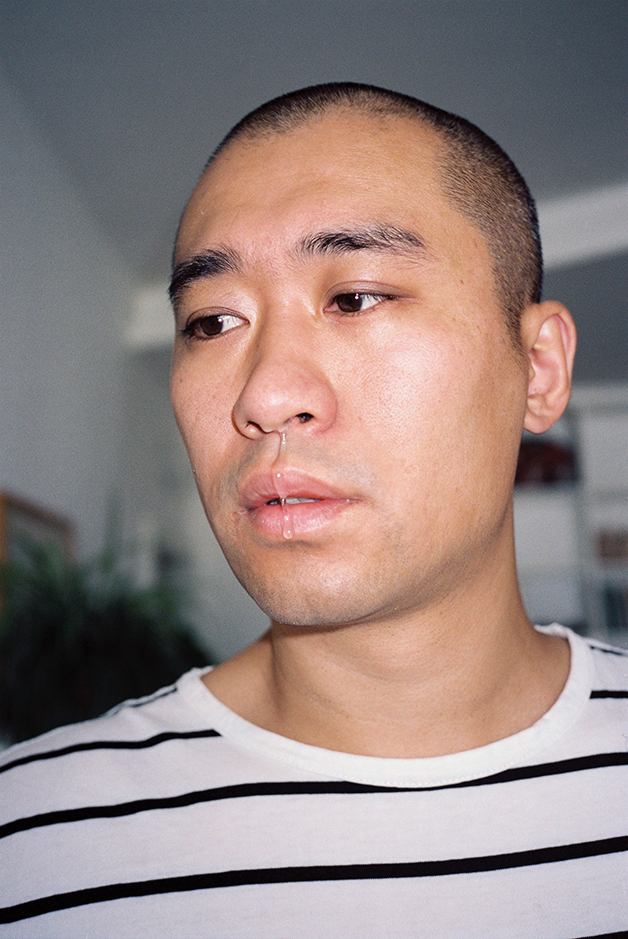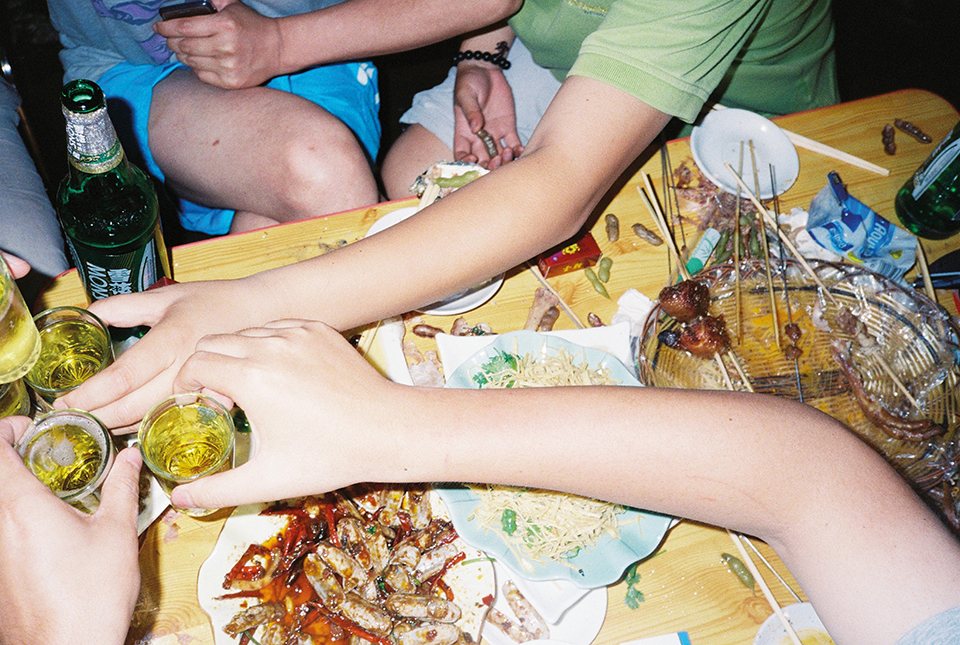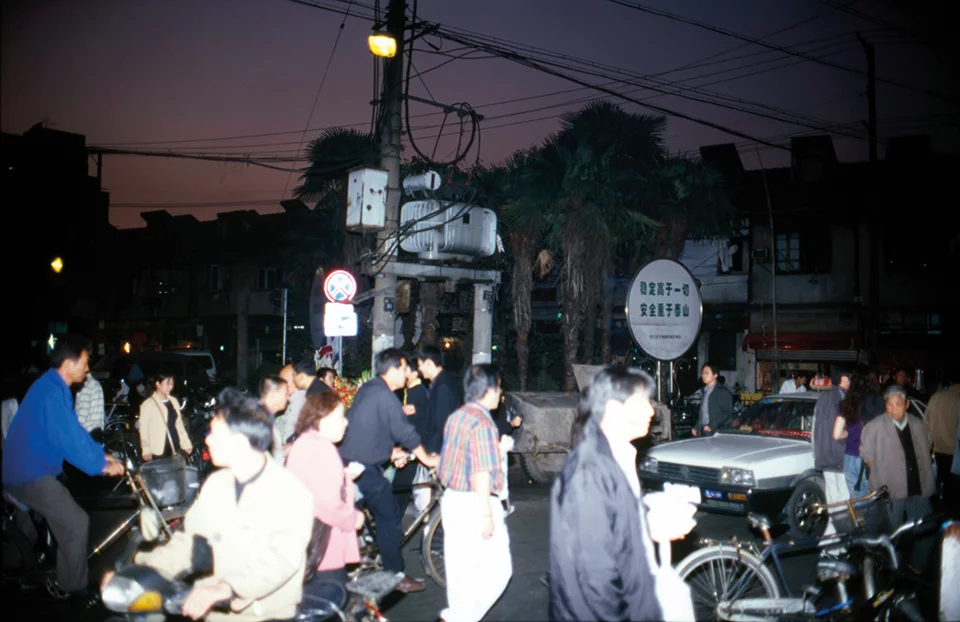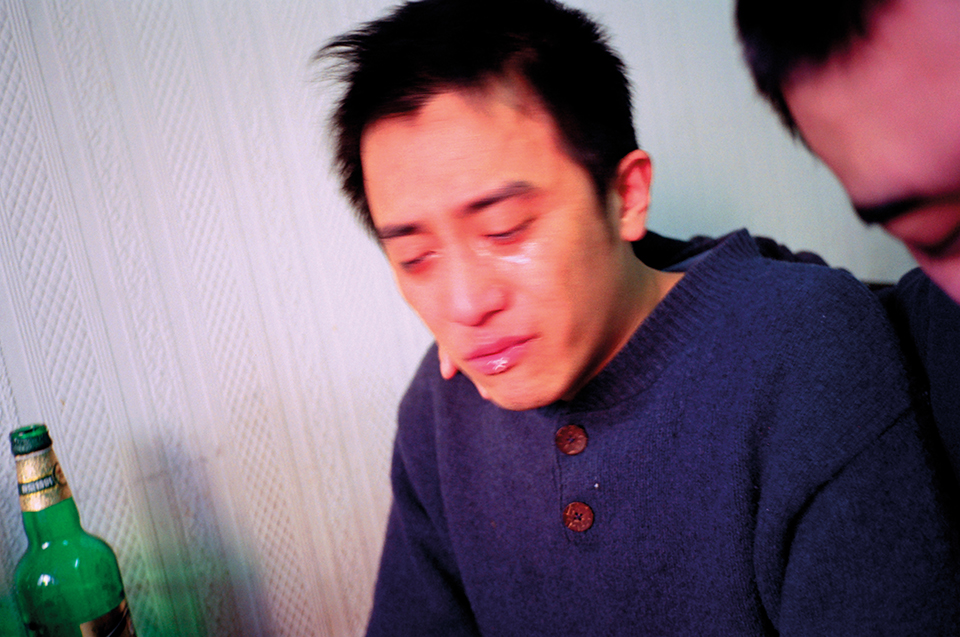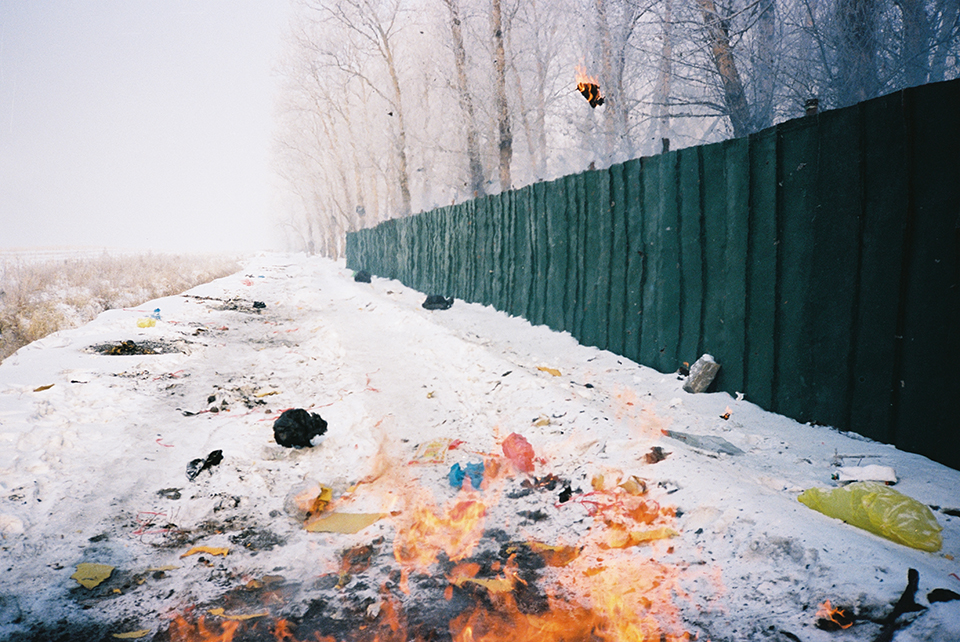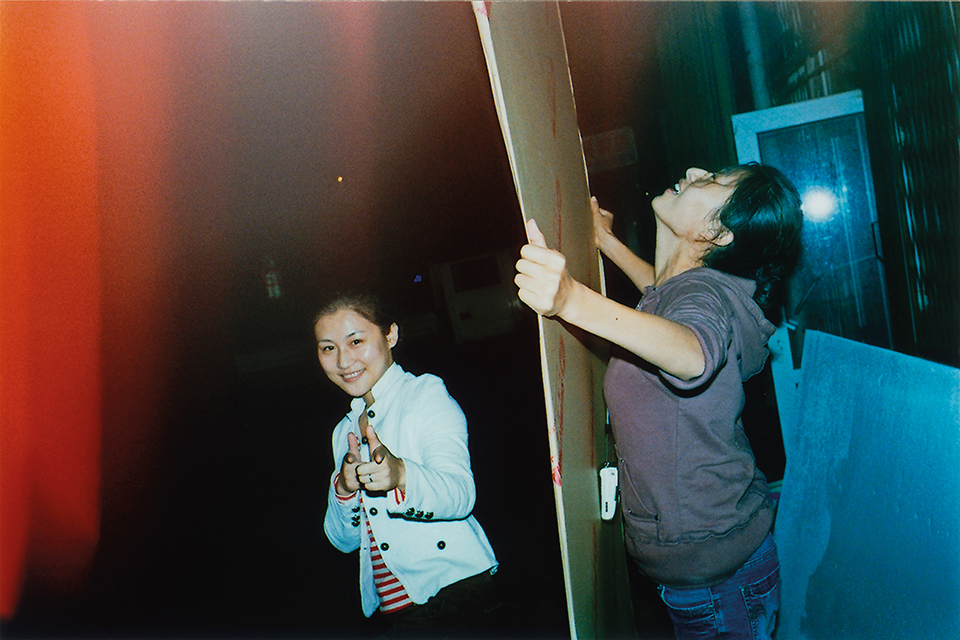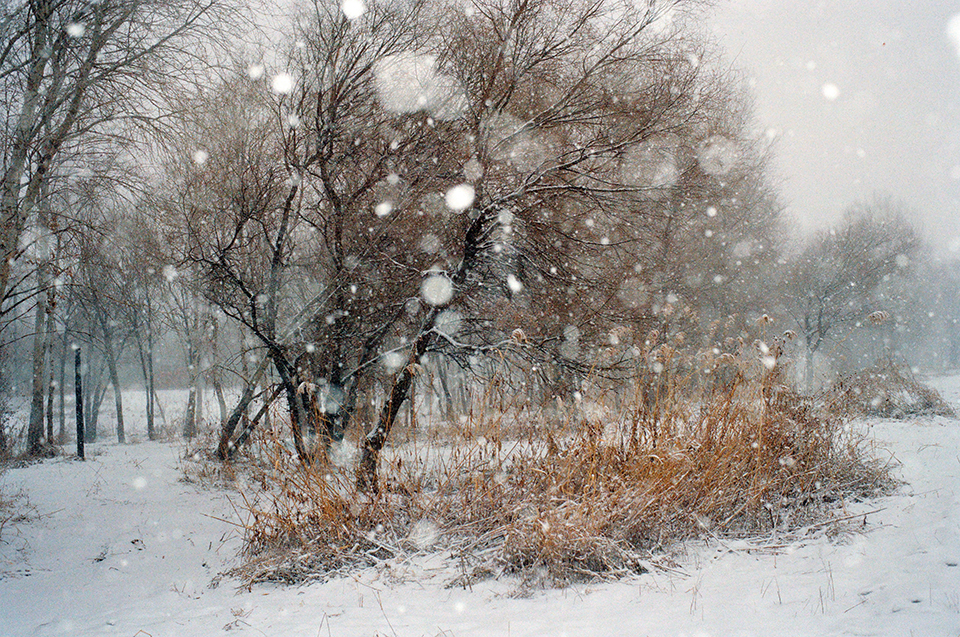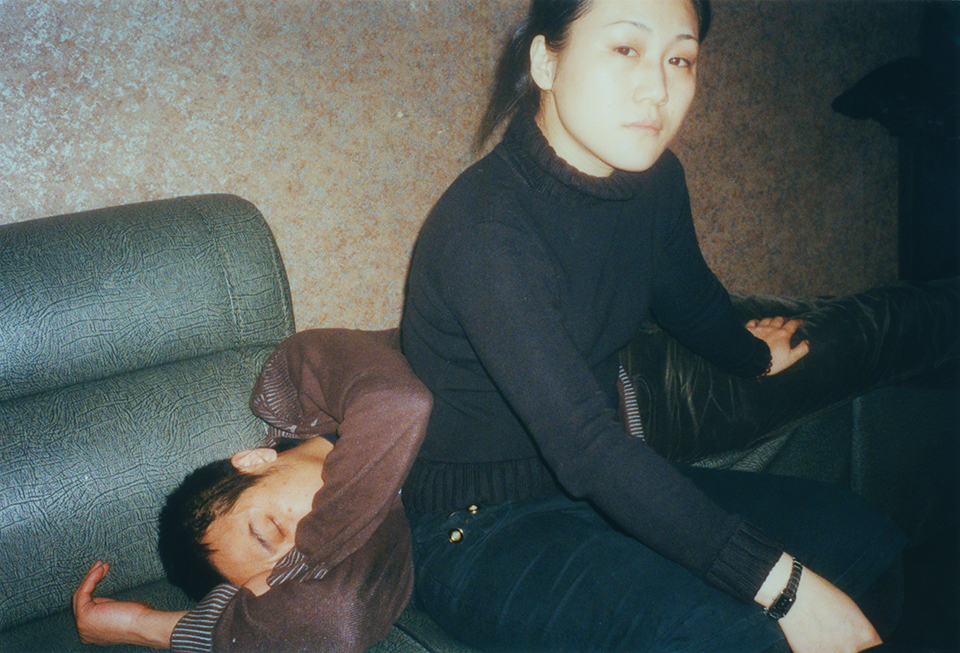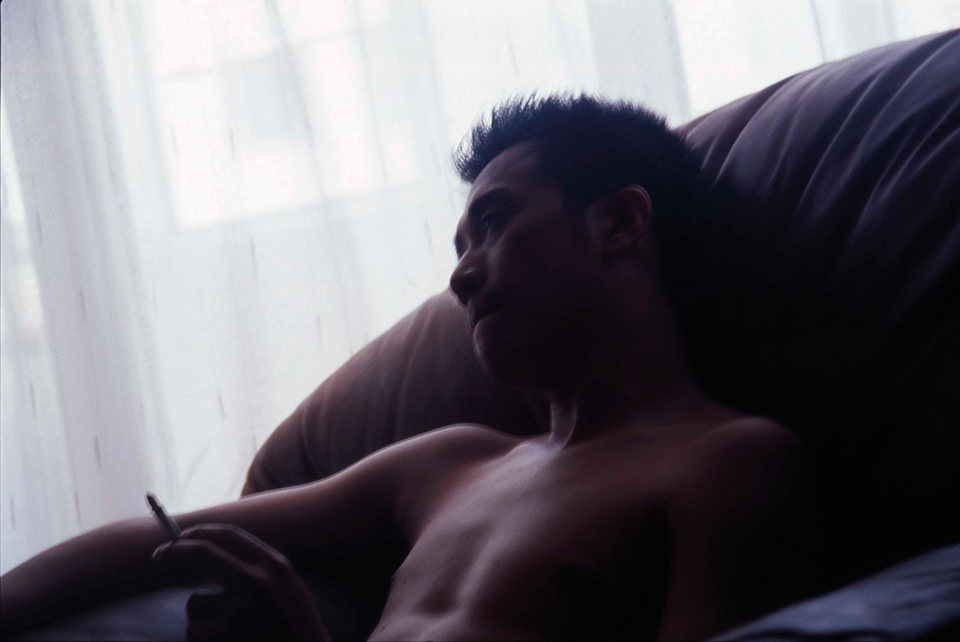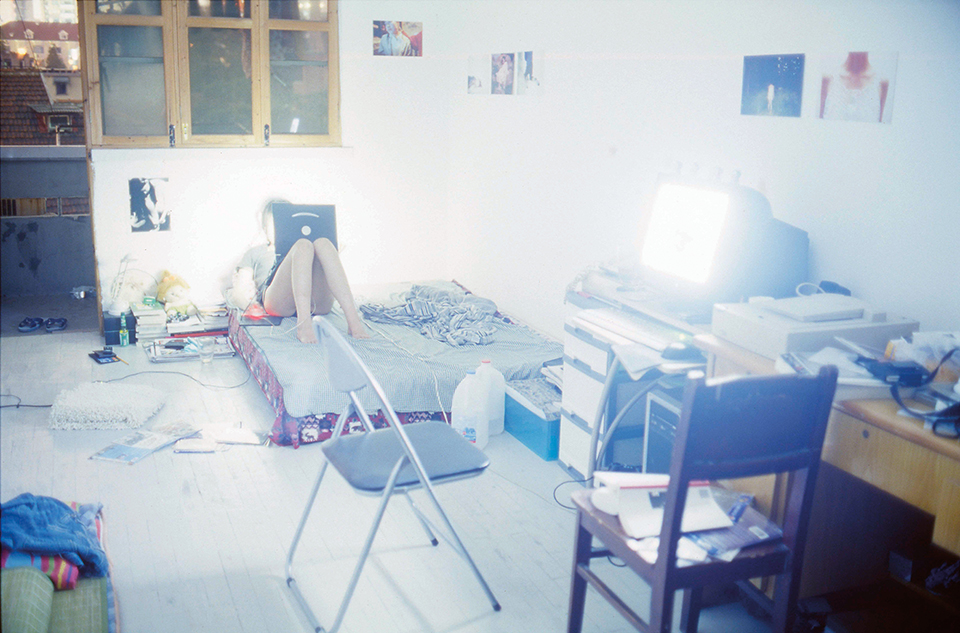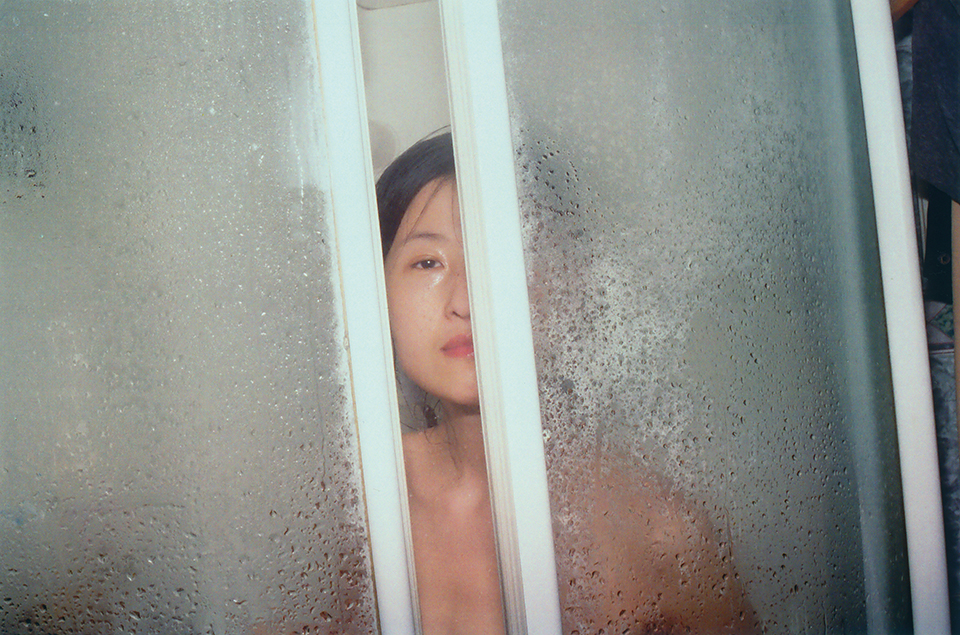For Li Jie and Zhang Jungang, photography is a form of personal hygiene as natural as eating or washing. They regret when they forget to take photos, but they never force themselves to shoot: photographs, they feel, lie in wait for them. They are often puzzled by the beauty they capture, and believe the camera can sometimes be superior to their own senses. But they are not interested in evoking wonder or emotion. They are sceptical of the divide between past and present, a distinction which they believe photography has traditionally conspired to emphasise. They do not want to tell stories with their camera. Instead, they seek to confirm their intuitions.
The development of their work, the couple told Granta, is ‘done on a civilian level’. They acknowledge that they have no fixed standards, and because of this they have trouble discarding photos: ‘Some neglected photos reveal a hidden charm, while others become dull.’ Their feelings about their own work often shift, oscillating between regret and satisfaction and back again. The difficulty in judging what they have taken gives them little choice but to accept their own excess. Li Jie and Zhang Jungang do not see their photography as a way to uplift their lives or those of their friends, though the latter feature heavily. Instead, they view the camera as a means to reconcile themselves to the everyday world around them. ‘Life is not perfect and neither is photography,’ they say. Their friends put up with the burden of their art because they love them.
Every winter Li Jie and Zhang Jungang take walks together on the moorland near their home in Harbin, usually in the soft light of early morning or late afternoon. There, they take the same photographs of the same scenes, and find, through this repetition, that they approach a place inside daily experience that they cannot otherwise reach. n
Introduction by Granta

